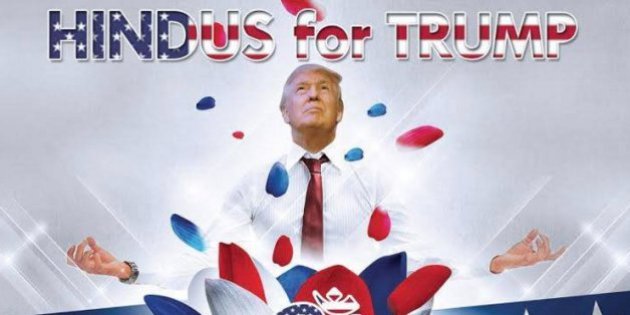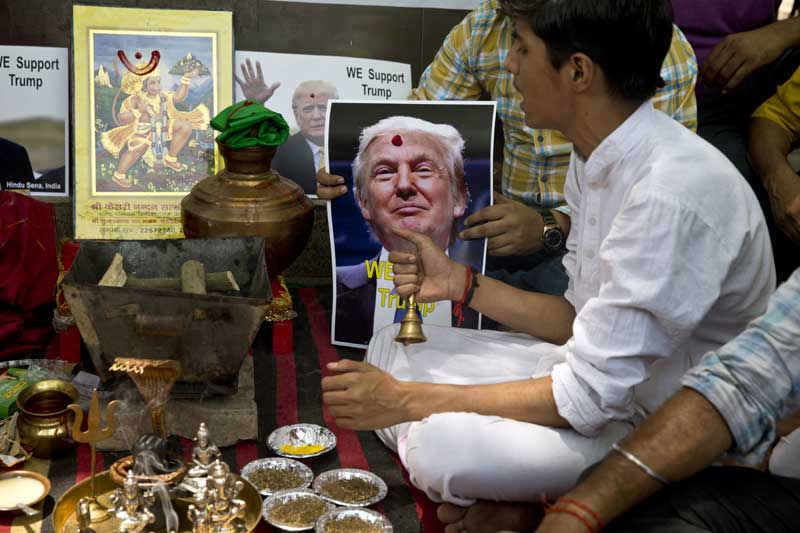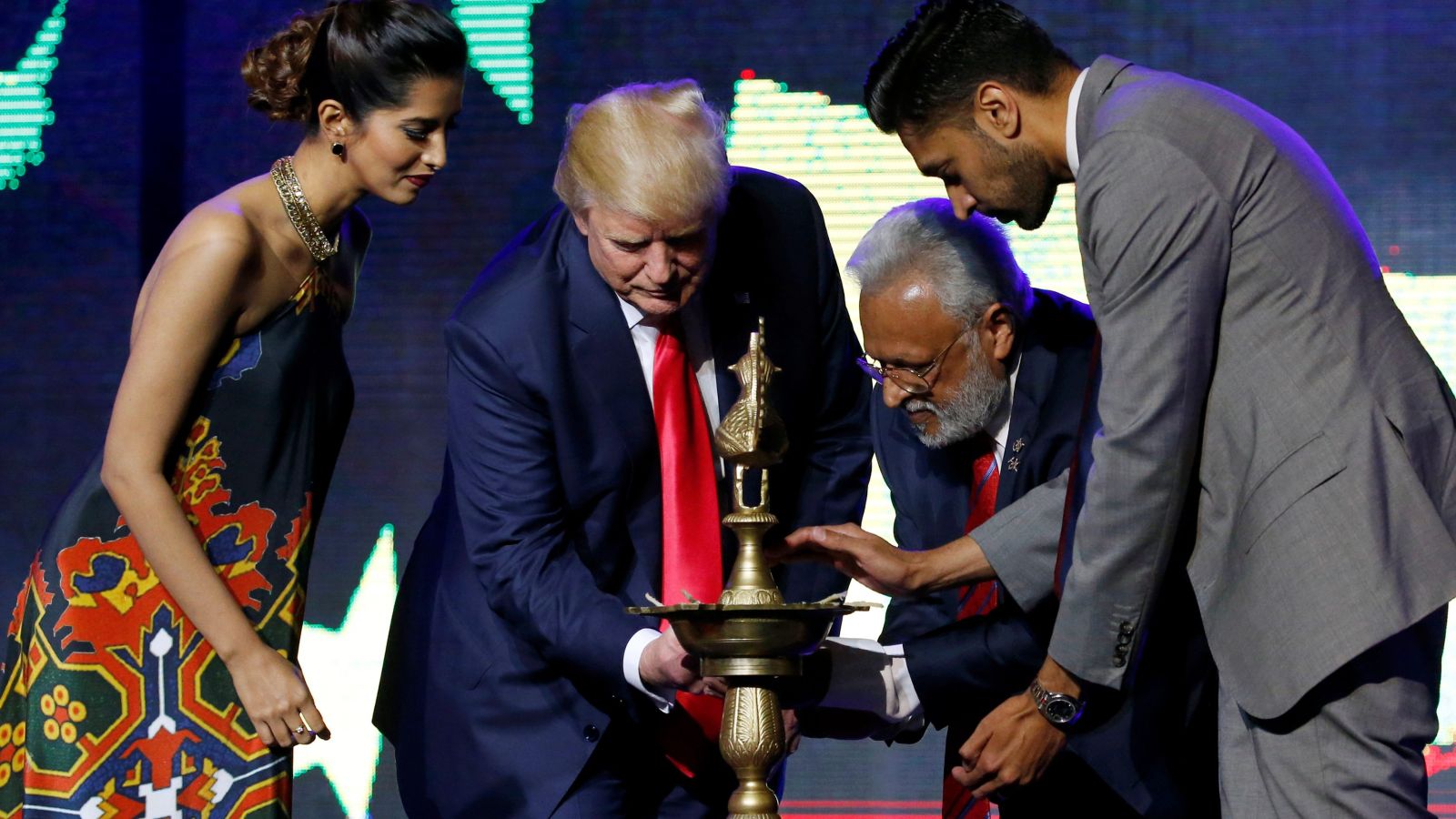The American Constitution vests enormous powers to the President. When the President also enjoys a majority support in the US Senate, concentration of power and consequently direction of the country’s economic and foreign policy rests solely on the incumbent. Donald Trump, the 45th President-elect of the United States is going to enjoy unbridled power and authority.
A leader who has not held any public office
This would have consequences in foreign policy domain and international relations of the US. The fact that Trump has not served the government or any public office in any capacity whatsoever, introduces a lot of uncertainty on the nature and direction of US foreign policy under his stewardship. How will he view China and India- the two countries he has referred to as constituting economic challenge for the US in the context of jobs, investment and trade? Will Trump calibrate his hard stance against Muslims and against immigrants?

What type of an India-US relationship we can expect from Trump Presidency?
It is correct that we can attempt to discern certain trend in the thought processes of Donald Trump in the run up to the election. He has talked of respect for “Hindus” and for India. He has been extremely harsh on terrorists and vowed to eradicate terrorism. Does this necessarily mean that Trump would take up a strong stance against Pakistan due to its soft peddling of terrorism and support to terrorist organisations? The question Indians have if US under Trump can take up a position against Pakistan which is aligned with that of India.

The contrast would be the equivocal stand of the previous and including present Obama administration’s stand. This is something we can hope for but it is doubtful if a Trump presidency would walk the extra mile to attempt isolate Pakistan, a nuclear weapon power country. Foreign policy mandarins in Washington DC would argue for an engagement with Pakistan instead of trying to push it over. Moreover, isolating Pakistan may not be considered a prudent policy as the effect of such a policy instead of stabilizing the situation in the Af-Pak region may work in opposite direction.
His approach towards China
It has been argued by some commentators that US under Trump may very well take a hard approach toward China. This may be correct in certain political-security context including over disputed South China Sea. However, this involves US engaging more rather than less in overseas affairs. Trump is committed to pursue a less engaged international involvement and if put into effect for real, there would be ‘power vacuum’ in the Asia-Pacific region. This would greatly upset the equilibrium and the US’ role in maintaining the balance. It is difficult to envisage that US would leave countries like India and Japan to fend for themselves in the face of an aggressive China. This effectively means that there would be a limit to redo the ‘pivot to Asia” policy currently pursued vigorously by the Obama administration.
The NSG factor
India can be reassured that its entry into Nuclear Suppliers Group (NSG), supported and endorsed by US would continue to receive strong US backing. But there is no reason to celebrate a Trump Presidency in relationship to gaining the active support of the US for the permanent membership of the UN Security Council.

Trump may have promised to himself and his electorate that US would pursue a less engaged foreign policy. I doubt if this can be practiced by a country that derives so much from interdependence and globalization. A less engaged US is not a good news for India. The situation would leave us much less elbow room in regional theatre- South, Central, South East Asia and Indian Ocean region. Moreover, if the US ‘withdraws’ from the Middle East and the Gulf region, consequent and heightened instability would adversely affect India’s economic interest—given the dependence on oil import and remittances.
President-elect Trump has underlined his anti-immigration credentials many a times. A more severe restriction on US visas for Indian professionals and entrepreneurs would dampen the warmth in our mutual relations. Moreover, a significant domestic tax cut by Trump administration would take the much necessary US investment away from India- a prospect that would affect India’s economic prospect
Modi-Trump bhai bhai?
Prime Minister Narendra Modi has already congratulated President–elect Trump. Both the countries are expected to continue the well achieved warmth and synergy achieved in the course of last two decades. In his first address after getting elected Trump has said: … we will get along with every nation who wants to get along with us”. India is certainly one country that would like to get along with the US and it is hoped that the interest and enthusiasm is mutual.
(Omprakash Mishra is a Professor of International Relations at Jadavpur University and Member Secretary of Global India Foundation)
Disclaimer : The information, ideas or opinions appearing in this article are those of the author and do not reflect the views of ScoopWhoop.

















